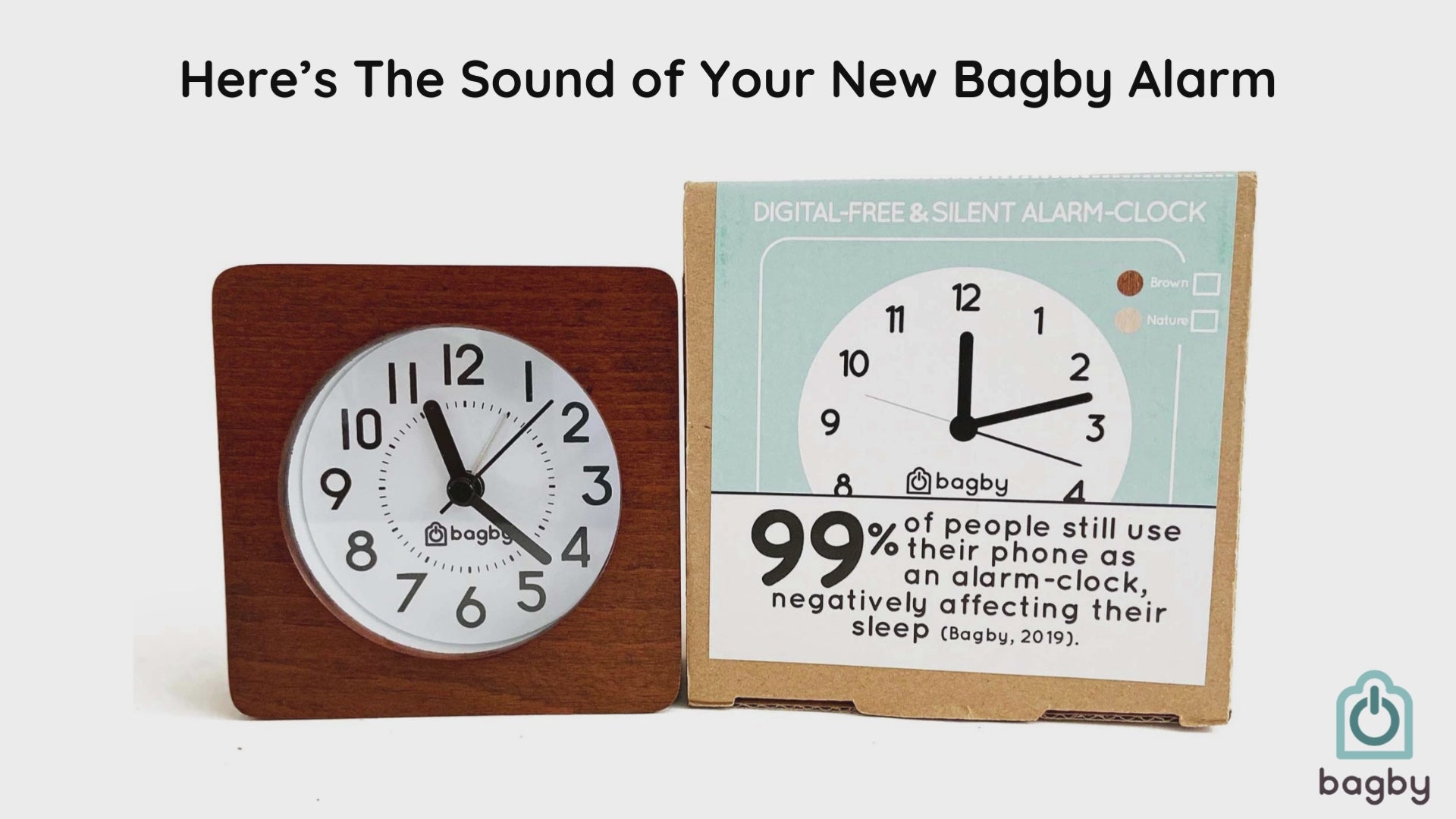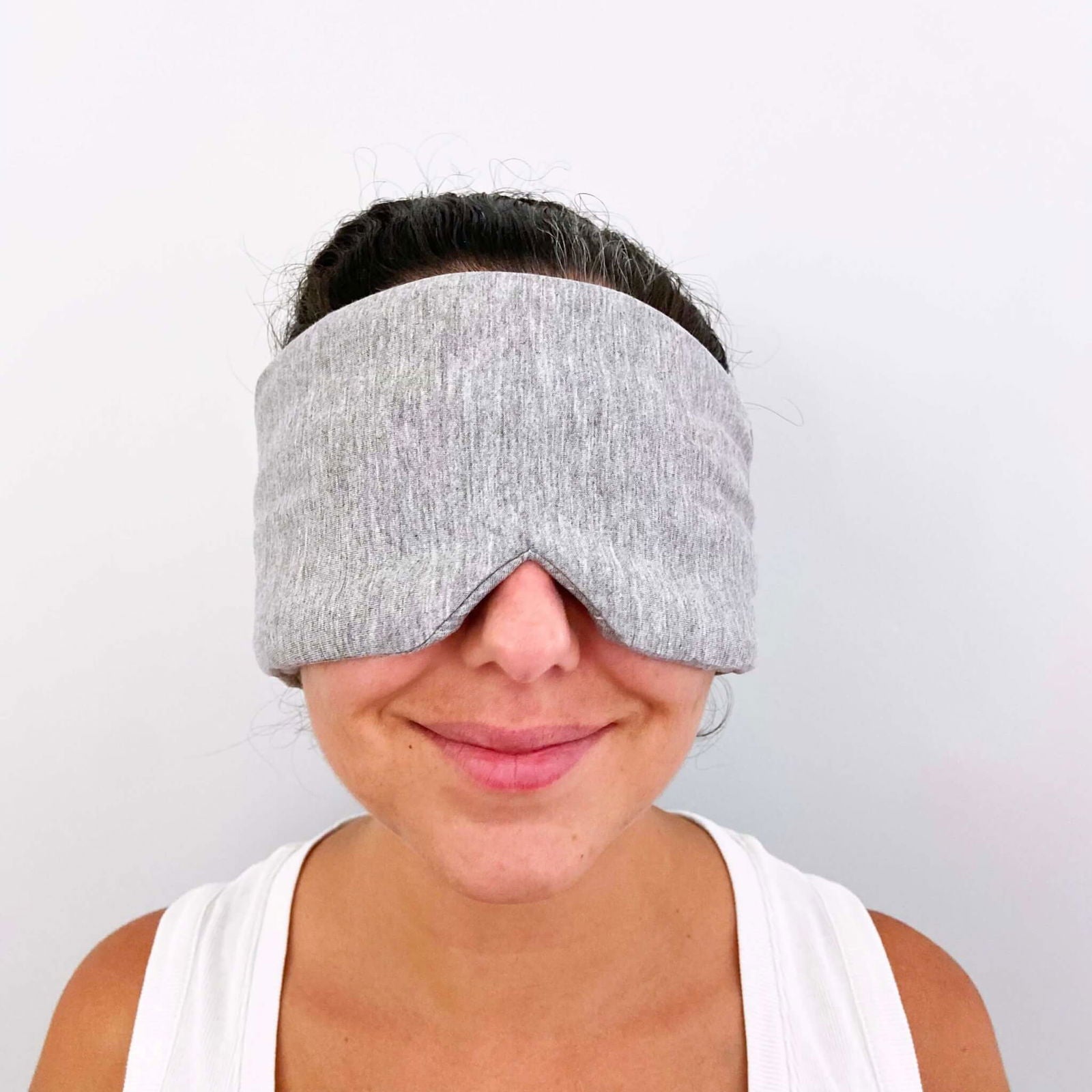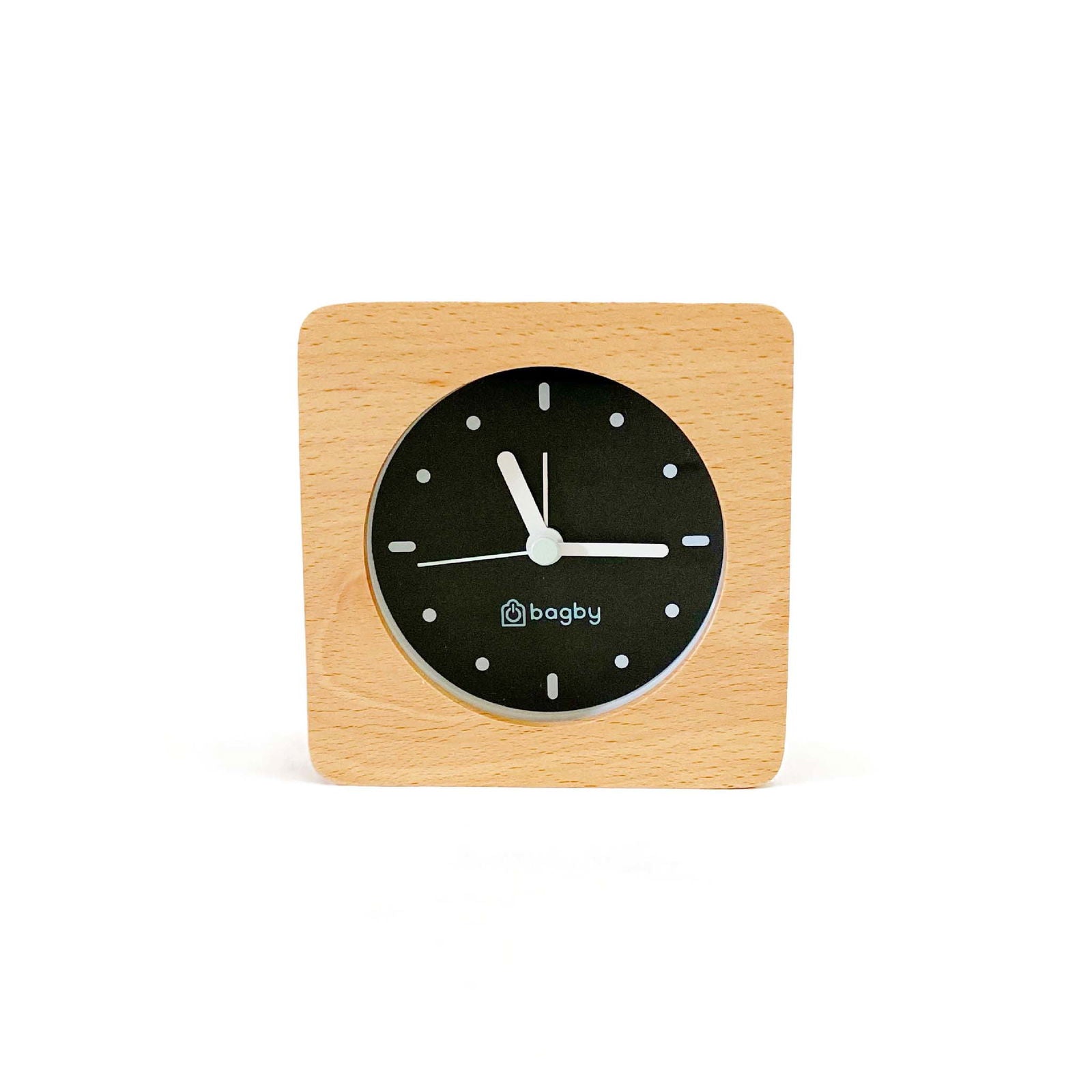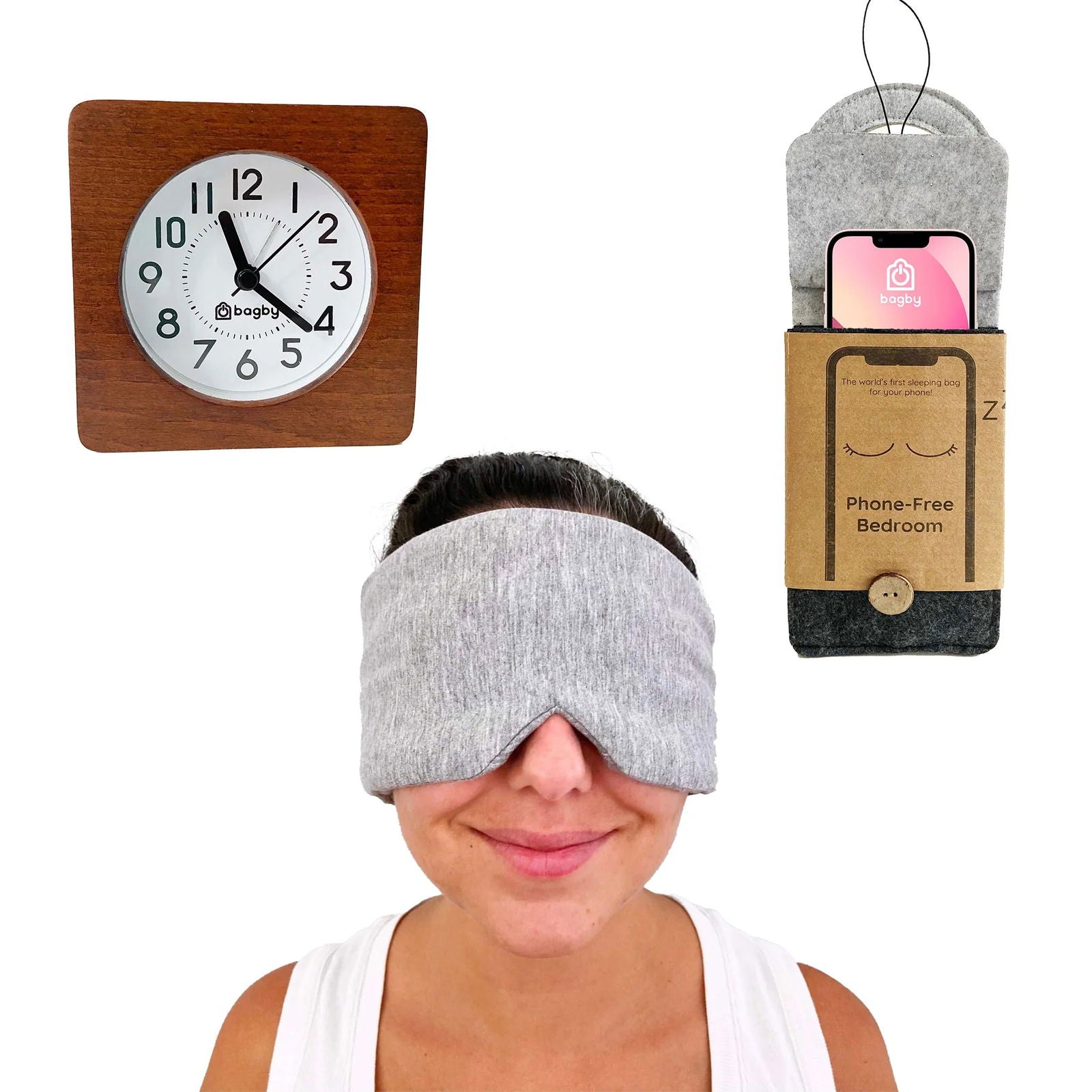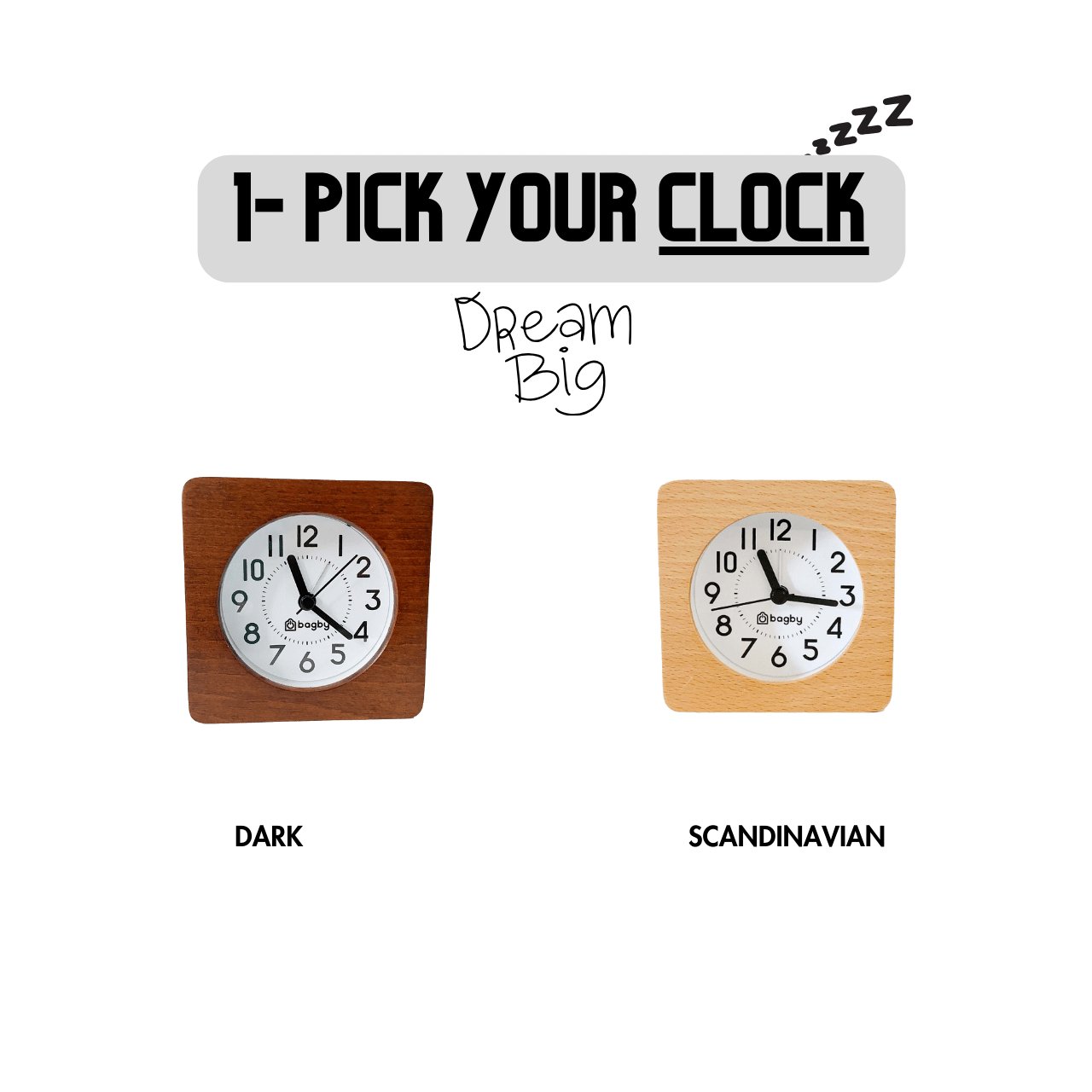Coined by clinical psychiatrist Ariane Ling, Doomscrolling, or doomsurfing, is an unofficial term for the compulsion to scour social media and the internet for negative news.
You turn off the lights, get in your bed, open social media, and what do you see there? One after another, dystopian stories about how things are going down in the world. You continue scrolling through your bottomless doom-and-gloom news feed, and when that’s not enough, you begin searching for the same news on the internet and spend hours reading them. Even before you realize it, this has become your compulsion, something you find soothing.
But where does this compulsion root from? Do we find negative news exciting?
That’s what we’re going to talk about in this post. We’ll have an in-depth look at the psychology behind doomscrolling, its effects, and how you can stop this once and for all. So, let’s begin.
Pandemic Started it Again
Doomscrolling isn’t new. People have been doing this ever since consuming news from the internet became common. But before the pandemic, doomscrolling had not affected the masses. Today, the number of people who doomscroll daily is much higher than before.

When the pandemic took everyone by surprise, people had no other way of knowing what was happening besides the internet. The continuous update of devastating information, the worry of getting infected and losing loved ones, and the dreadful wait for this to over caused many to pick up this habit.
But why doomscroll? It doesn’t seem to solve anything. Is it something people do to keep themselves entertained?
Why Do We Doomscroll?
“There are several reasons we fixate on negative events and treacherous possibilities,” says Dr. Nathaniel Ivers from Wake Forest University. “One such reason is that doom and gloom stories elicit intense emotional reactions in us, at least at first. Human beings are drawn to strong emotions – be they positive or negative in nature.”
Why?
Negativity Bias
In 2014, a Russian news site decided to exclude all negative news for a day and only report on good news. Guess what the result was?
They lost two-thirds of their readers that day.
So, what happened? Don’t people want to hear about the good things going on in the world? And why won’t people be interested if there’s only good news?
The answer lies in our negativity bias. News channels have presented violence, tragedy, and such in their reports for a long time. And we’re habituated to viewing those things as news.
This constant bombardment of negative news created cognitive distortions in our brains, causing us to interpret only negative news as newsworthy.
Because of this very reason, we also tend to focus on ‘doom and gloom’ stories and hashtags on social media significantly more than wholesome stories.
Doomscrolling Causes IFG to Not Function
“We are evolutionarily wired to screen for and anticipate danger, which is why keeping our fingers on the pulse of bad news may trick us into feeling more prepared,” says Cecille Ahrens, clinical director of Transcend Therapy in San Diego, California.
The inferior frontal gyrus (IFG) is a part of your brain responsible for information processing and creating new beliefs about reality based on the information you receive daily.
The human brain does everything in its power to protect you from harm. And when it comes to consuming bad news, your IFG plays a significant role. It selectively filters bad news when you present your brain with new information, so you don’t feel depressed, anxious, or isolated. But, when you’re in a threatening situation, the brain takes the control away from IFG, so it can activate your stress response.
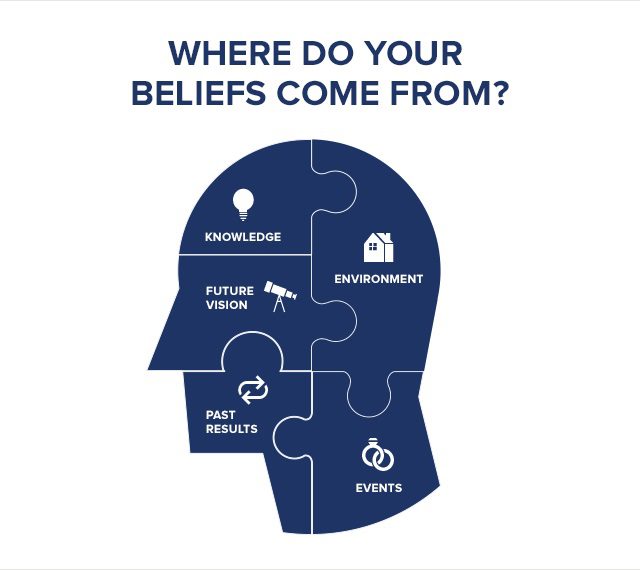
When you doomscroll, the act exposes your brain to significantly greater quantities of negative news, causing your brain to react to it as a threat, shutting down the IFG.
This results in you indulging more in such news because, for your brain, you’re prepping yourself with enough information to protect yourself when the threat reaches you. And as a by-product of this, you suffer from problems like depression, anxiety, and feelings of isolation, things that IFG is there to protect against.
Confirmation of Feeling
“If you’re depressed, you often look for information that can confirm how you feel,” says Dr. Albers. “If you’re feeling negative, then reading negative news reconfirms how you feel. It’s the same mindset.”
It’s common to tell yourself you’re merely staying informed when in reality, you’re totally habituated to scrolling bad news on social media. This happens because, as I mentioned, somewhere in our unconscious brain, we’ve built up the belief that the world is a hostile place. Doomscrolling confirms that belief for you, even though it may not be entirely accurate.
Experts also say that Doomscrolling can be a function of obsessive-compulsive disorder (OCD). “In this scenario, your brain continues to loop around on a particular topic similar to endless scrolling,” explains Dr. Albers. “The behavior is not really about finding news; it’s about reducing anxiety.”
Signs You’re Doomscrolling
Doomscrolling may not be obvious most of the time. You may be doing it and may not even notice. So, here are some of the signs to look out for.
- Checking the news multiple times, a day when something bad is going on?
- Spending hours reading news stories on social media
- Feeling the need to check the news frequently to ensure that you don’t miss anything important
- Reading a ton of articles regarding the same news topic
- Spending hours fixating on negative articles
- Feeling sad or on edge most of the day after reading the news
- Neglecting your other responsibilities because of how the news affects you emotionally
- Having a tough time sleeping after reading the news.
If you can relate to any of these scenarios, you may be habituated to this behavior, which is not good for your health.
Effects of Doomscrolling
A 2019 research study showed that constant exposure to negative news can take a severe toll on your happiness, which heavily affects your well-being.
Experts say that when you doomscroll, it reinforces negative feelings within you, which can cause serious problems. Have a look.
It Worsens Mental Illnesses
Today, nearly 40 million adults in the United States suffer from chronic anxiety. And more than half of them are also diagnosed with depressive symptoms.
Experts say that people with mental illnesses are prone to indulging in heavy Doomscrolling. And consequently, this can worsen their symptoms even more.
“Anxiety is about control or the lack of control. The more anxious we feel, the more we try and control the situations and people around us,” says therapist Tess Brigham. “Being informed seems like a good way to control what’s happening around us, but it actually just creates more anxiety and fear.”
Interferes With Your Sleep
A 2020 study from the University of Paris shows that when we consume news at night, it severely affects our sleep.
For this study, the researchers surveyed 1000 French citizens regarding their sleep quality. Upon surveying, they found that 73% of the respondents were not getting enough quality sleep during the pandemic. And the reason behind this they found was excessive media exposure during the night.

See, taking your phone to bed is already one of the worst things you can do to your sleep. Your phone exposes you to blue light, which interferes with your circadian rhythm, as well as causes digital overstimulation, which results in your brain being active when it’s supposed to rest.
Now, add to that the psychological factors of exposure to negative news, especially when you’re sleep-deprived and much more vulnerable to its impact.
This prevents you from getting your proper 7-9 hours of quality REM sleep, which results in several physical and mental health problems.
Disrupts Your Hormones
Cortisol is a hormone that your endocrine system releases when you’re in a tense situation.
For instance, imagine a large dog barking and running towards you. When this happens, a tiny region of your brain called the hypothalamus sets off an alarm in your body. As soon as this alarm goes off, your adrenal glands above your kidney start to release a surge of adrenaline and cortisol hormones.
This causes an increase in your blood pressure, elevation in your heart rate, and a massive energy boost. This is when your body activates the evolutionary fight-or-flight response.
Now, this is an essential response in your body designed to help you get out of dangerous situations and protect yourself. And once the threat ends, your body settles down by dropping your adrenaline and cortisol levels, with which your heart rate and blood pressure go down.
When we read about our grim present and precarious future, it triggers the same response in our body as if we’re in a threatening situation, says Noemi Viganò, a counseling psychologist from Silver Cloud Health, an online mental health help platform.
And unlike in an actual threatening situation, the bombardment of negative news doesn’t stop, which causes these stress responses to stay elevated, putting you at an increased risk of many health problems, like:
- Anxiety
- Depression
- Digestive problems
- Headaches
- Muscle tension and pain
- Cardiovascular diseases
- Sleep disorders
- Unhealthy weight gain
- Concentration and memory impairment
What Can You Do?
Doomscrolling is just like any other habit. It’s difficult to stop abruptly, and it heavily tests your willpower. But, with time and doing the right things, you can quit this habit and return to a safer, healthier life.
Here are some things you can do to alleviate your Doomscrolling problem.
Make a Schedule
Setting up a routine is one of the best things you can do to ensure that you receive the benefits from your gadgets and not the ill-effects that come with them. Plan your day to allow you to spend a certain amount of time reading the news.
And besides setting up a routine, make sure that you’re following the limits you’ve set. If it helps, turn off news notifications on your phone and add a limit reminder. There are many applications that help you with this, which we’ll discuss in the later sections of this post.
Mix Up Your Activities
I understand the urge to check the news, even though it’s been only a few minutes since your last activity there. There’s so much going on in the world; keeping updated certainly makes us feel safe.
If that happens to you, try mixing up your activities. Do something that you enjoy, preferably offline. That’s because when you try to distract yourself on your phone or computer, you could go back to scrolling the news again.
If you don’t have any specific hobby, it may be time to pick up one. You can read books, go hiking, go for a walk, workout, join a club. Pick one you like; it will be fun.
Outsmart Your Algorithm
Social media algorithms are designed to recommend to you what you watch the most. If you’re into reading the news, the algorithm will fill your feed with news stories.
To prevent this from happening, I recommend clicking “not interested” to news posts in your feed and refreshing. After doing this for some time, your account will remove news from your feed. And when it’s time to read the news as per your routine, simply go to news pages, and read it there.
This way, you can keep updated with what’s happening around, without the risk of falling into the Doomscrolling trap.
Use Digital Wellness Apps
Neurologist Judy Ho, Ph.D., says that one of the best ways to train your brain out of Doomscrolling is by scheduling your news viewing activity only 25 minutes before you have to fulfill another commitment. For instance, if you start working at 10, start reading the news at 9:35. And there are a ton of applications that help you with this. Here are some of the best ones.
Freedom for Mac and Windows
This service works best if you’re a multi-device user. Once you set your limit in Freedom, this app syncs your command across your devices.
You can also use a feature called group by apps in this application. What this feature does is that it allows you to group some applications as distractors, and it blocks these apps for custom periods throughout the day.
Flipd Focus & Study Timer
Flipd is an excellent application for people who can’t stick to their routine. While this app is primarily made for students, all users can benefit from it.
The unique thing about this app is that it won’t let you disable the command until the time is complete when you set a time limit on this app.
If you struggle with willpower, this app may be the best for you.
FamiSafe
Famisafe is an application designed as a parental control tool, but you can also use it for your own benefit. With this app, you can set locks, timers, and do many other things. So, check it out to see if it works for you.
AppDetox
If you’re an Android user, I recommend you go with this app, as it’s restricted to Android only.
This app does the same things like the apps above, with one special exception. You can program it to let certain apps have access so they can work in the background. This is especially helpful if you use app trackers while working out.
Final Thoughts
Even though we’ve shifted to the modern world, our brains are still catching up– the rate at which we can acclimate to these changes is restricted by evolution’s barriers. Modern technology may not be new, but our brains haven’t had enough time to adapt to this environment. Because of that, the technology that’s designed to help us also causes a ton of problems.
But, though you may not have control over how your brain reacts to certain things, you do have control over things that causes your brain to react a certain way. So, start setting the much needed limits today.
I also highly recommend you give Digital Detox a shot. It gives you many benefits and can also help you with your Doomscrolling problem.
Read my post on “Digital Detox” for more information.










